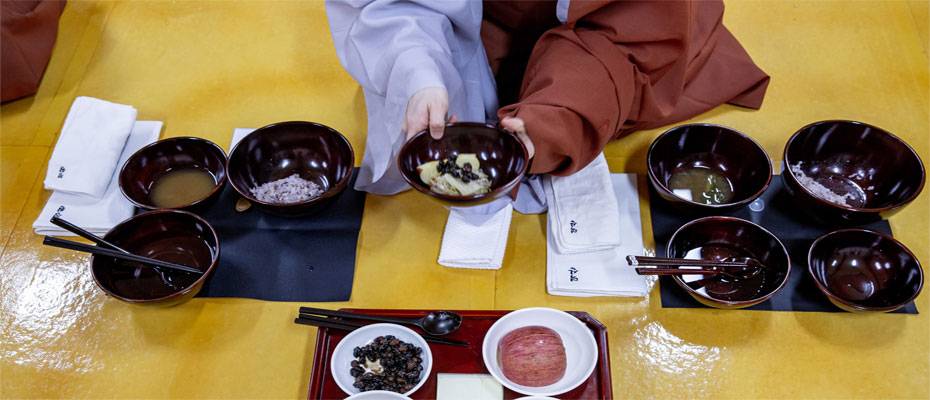Tourexpi
With roots in 1,700 years of Buddhist tradition, it
represents far more than plant-based cooking: its philosophy is grounded in
respect for all living beings, moderation, and gratitude. The dishes highlight
seasonal ingredients in their natural state, promoting harmony between nature
and humanity—values that resonate strongly with today’s global focus on
sustainability and mindful living.
To deepen global understanding of this culinary
tradition, the Cultural Corps of Korean Buddhism organized three major
international initiatives this year, ranging from large public festivals to
academic exchanges and cultural diplomacy events.
Expanding Public Engagement in Korea
In June, the 4th Korean Temple Food Festival took
place at the aT Center in Seoul—the largest edition in a decade. Eleven temples
from across the country participated, offering lectures, workshops, and
demonstrations led by six master monks and nuns (Sunim). More than 20,000
visitors attended over two days, with nearly half in their 20s and 30s,
indicating a growing interest in sustainable, plant-based food among younger
generations.
Academic Dialogue on Sustainability
In August, the Temple Food International Academic
Symposium convened at the National Palace Museum of Korea. Experts from Korea,
the United States, the United Kingdom, Italy, and China examined the theme “The
Potential of Temple Food as a Sustainable Culinary Culture.”
Brendan R. Walsh, Dean of the Culinary Institute of
America, highlighted the relevance of Ogwan-ge (the Five Contemplations recited
before meals), noting that its principles “speak directly to the core of
culinary practice and its future.” He expressed interest in incorporating
temple food philosophy into the CIA curriculum.
Cultural Diplomacy in Europe
From late October to early November, temple food
featured prominently in cultural diplomacy events in Paris and London.
In France, Venerable Yeogeo Sunim presented Deodeok
Beomuri (marinated Korean bellflower root) at a dinner hosted by the Embassy of
the Republic of Korea, held in anticipation of next year’s 140th anniversary of
Korea–France diplomatic relations.
In the UK, “Korean Temple Food Week,” co-hosted with
the Korean Cultural Centre UK and Le Cordon Bleu London, introduced European
audiences to the contemplative character of the cuisine. Venerable Yeogeo Sunim
lectured at the Le Cordon Bleu London campus, while Temple Food Master
Venerable Jeong Kwan Sunim—renowned globally for her meditative approach and
her appearance on Chef’s Table—hosted a luncheon and pop-up restaurant at the
fine-dining venue CORD by Le Cordon Bleu.
Emil Minev, Dean of Le Cordon Bleu London, remarked
that temple food “embodies harmony with nature and respect for life,” and
voiced support for its future nomination to UNESCO.
Continued International Cooperation
Since signing a tripartite MOU with the Korean
Cultural Centre UK and Le Cordon Bleu London in 2021, the Cultural Corps has
regularly offered lectures and demonstrations as part of Le Cordon Bleu’s
Plant-Based Culinary Arts Program.
Temple food—rooted in the Buddhist values of reverence
for life and moderation—is now taking its first steps toward nomination as a
UNESCO Intangible Cultural Heritage of Humanity. “We hope temple food will
become a recognized model of sustainable living and spiritual well-being,” the
Cultural Corps stated, emphasizing its commitment to fostering global exchange
around plant-based food culture.
Where Visitors Can Experience Temple Food
Travelers to Korea can explore temple cuisine
firsthand at key Cultural Corps venues. The Korean Temple Food Center in
Insadong, Seoul, offers introductory workshops for international visitors. At Balwoo
Gongyang, the world’s first Michelin-starred temple food restaurant, guests can
experience seasonal temple cuisine through curated multi-course menus.
The healing, contemplative spirit—and the sustainable
wisdom—embodied in a single bowl of temple food continues to reach audiences
around the world.
Inquiries:
Korean Temple Food Center
edu.koreatemplefood.com / +82-2-733-4650
Image
Credit: © Cultural Corps
of Korean Buddhism
The most interesting news
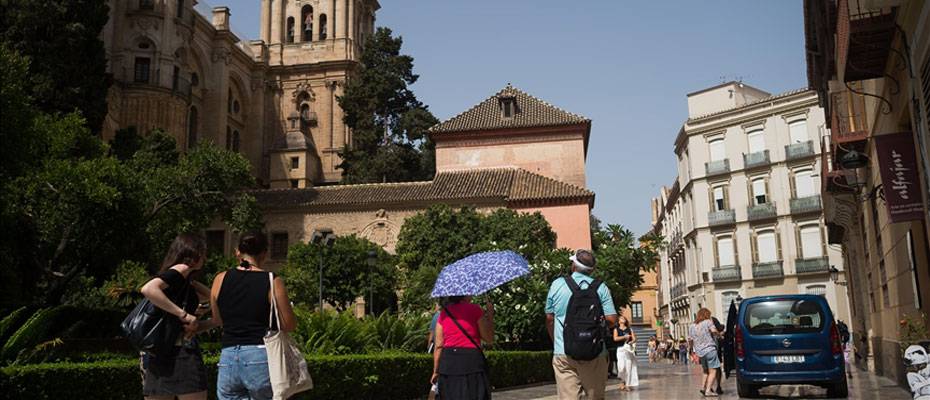 Read the News
Read the News

Catalan parliament approves doubling of tourist tax, 25 percent allocated to housing
New legislation links tourism revenues with property market pressures
 Read the News
Read the News

Ryanair launches Summer 2026 schedule for Alicante with three new routes
Airline expands to 89 routes and over 580 weekly flights, increasing capacity by 10 per cent
 Read the News
Read the News

IHG unveils Regent Spa & Wellness concept
New global wellbeing vision debuts at Regent Bali Canggu
 Read the News
Read the News

Lufthansa introduces IATA Turbulence Aware technology
Real-time data aims to enhance safety, efficiency, and passenger comfort
 Read the News
Read the News

Lufthansa A380 unveiled with XXL crane for 100th anniversary
Fourth aircraft in special blue livery enters service from March
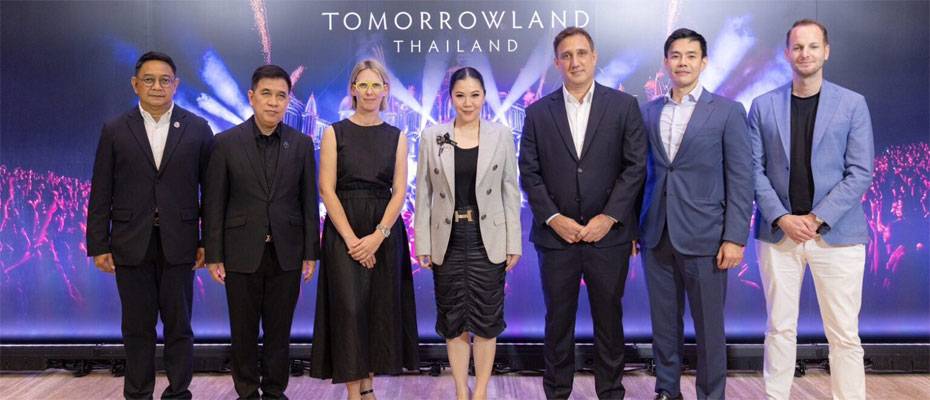 Read the News
Read the News

TAT confirms Tomorrowland Thailand debut in December 2026
Full-scale Asian edition to take place in Pattaya with six stages and major economic impact
 Read the News
Read the News

Eurowings expands Dubai service from Berlin and launches new Rome route
Airline extends Gulf flights into summer and grows to 47 destinations from BER
 Read the News
Read the News

Amadeus acquires SkyLink to scale AI-driven travel solutions
Acquisition strengthens conversational automation and accelerates practical AI adoption across the travel ecosystem
 Read the News
Read the News

ITB Berlin and IPK: International travel grows four per cent, South America leads
World Travel Monitor® confirms stable demand, holidays remain dominant, business travel reaches 2019 levels
 Read the News
Read the News

TAT activates Tourism Crisis Monitoring Centre in response to Middle East tensions
Integrated coordination ensures timely assistance and structured support for affected travellers
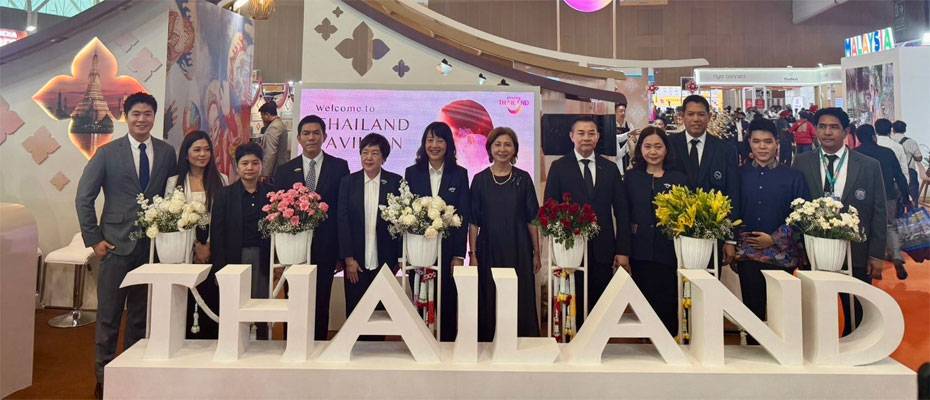 Read the News
Read the News

Thailand strengthens India tourism partnerships at SATTE 2026
‘Healing is the New Luxury’ campaign anchors high-value growth strategy
 Read the News
Read the News

Qatar Airways temporarily suspends flights due to Qatari airspace closure
Airline to resume operations once authorities confirm safe reopening
 Read the News
Read the News

Turkish airlines suspend flights to five Middle Eastern countries until 6 March
Carriers reroute services as regional airspace closures remain in force
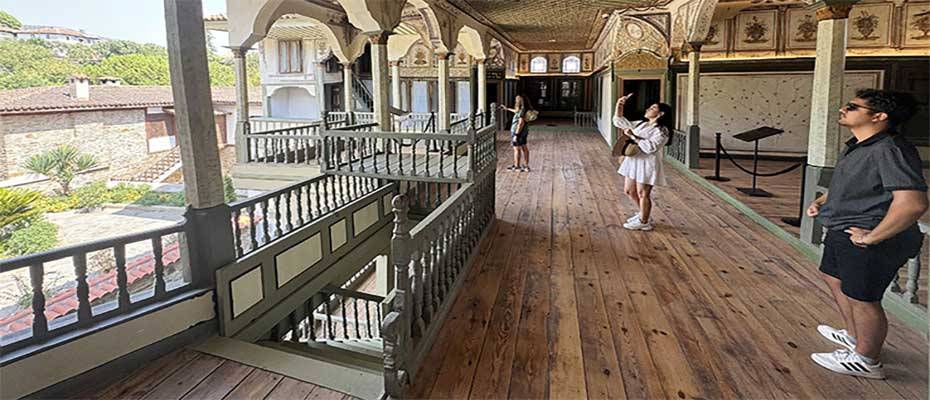 Read the News
Read the News

UN Tourism opens applications for Best Tourism Villages 2026
Member States invited to nominate up to eight rural destinations by 9 June 2026
 Read the News
Read the News

ITB Berlin Convention 2026 explores tourism between crises and AI
High-calibre programme examines a travel industry in transition
 Read the News
Read the News

German Travel Trends Summer 2026: Early bookings, Mediterranean in focus, cruises on the rise
Turkey remains the top destination for German travellers, long-haul demand shows mixed signals
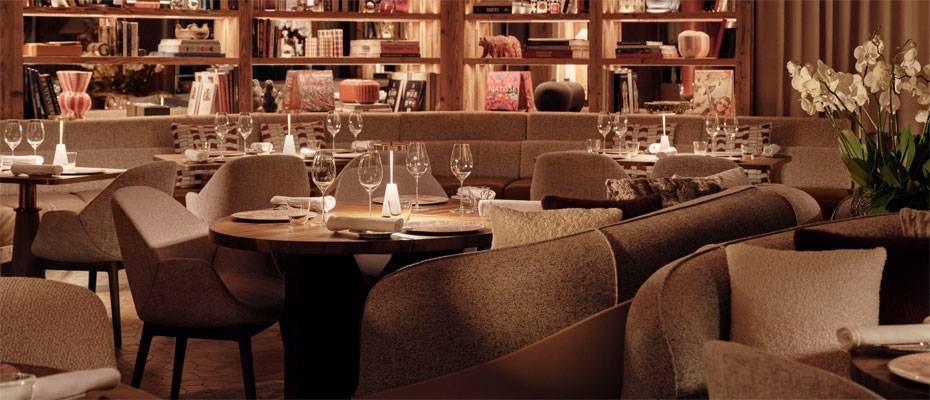 Read the News
Read the News

Rosewood Courchevel Le Jardin Alpin debuts as a new landmark for ski exploration
Rosewood’s first ski property blends Alpine heritage with contemporary design
 Read the News
Read the News

Beaches Resorts opens Treasure Beach Village in Turks and Caicos
US $150 million expansion adds 101 multi-bedroom suites and new dining concepts
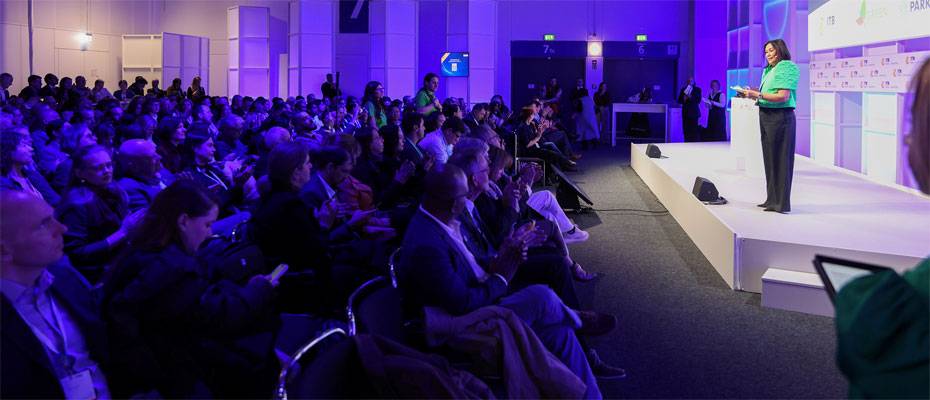 Read the News
Read the News

ITB Berlin 2026 marks 60 years as a global platform for tourism and innovation
Nearly 6,000 exhibitors from over 160 countries gather in Berlin for the anniversary edition
 Read the News
Read the News

Ryanair urges new Dutch government to abolish aviation tax
Airline says €30 levy undermines competitiveness and regional connectivity
 Read the News
Read the News

April–May in Taipei: Danjiang Bridge opens a new urban experience
Pre-opening events invite visitors onto the landmark bridge before traffic begins

